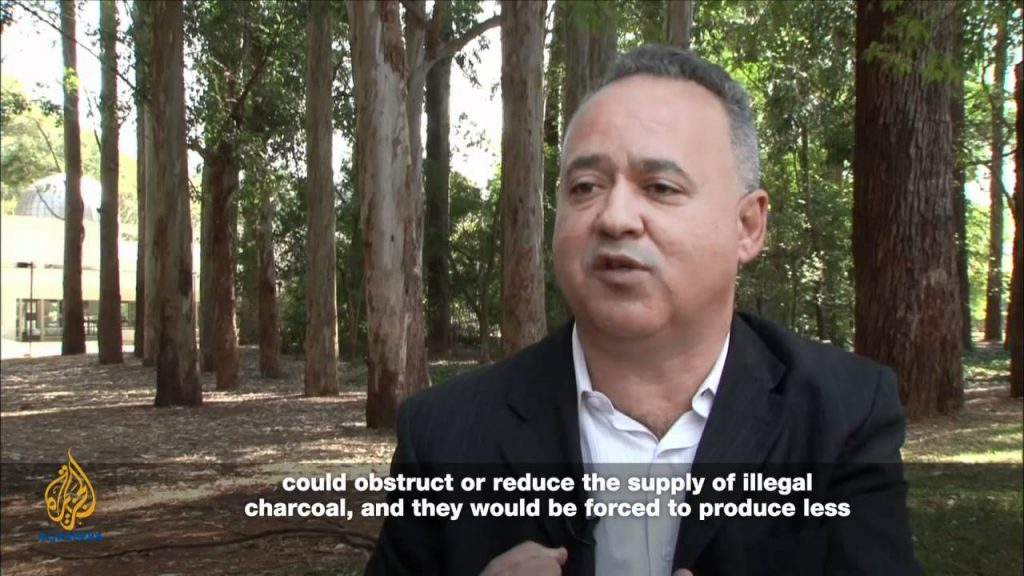Brazil, a country known for its vibrant culture and stunning beaches, has a dark side that often goes unnoticed by the rest of the world. Despite being a pioneer in anti-slavery laws, slavery is still a major issue in Brazil – especially in the charcoal industry. This dirty and dangerous business is an essential part of manufacturing pig iron, which is used to forge steel for some of the world’s largest companies, including well-known car manufacturers. However, the charcoal burning process is often carried out by forced laborers, who are lured to remote camps with false promises and then forced to work and live in appalling conditions. Many of these workers are from the poverty-stricken north of Brazil and are tricked into amassing massive debts that are impossible to pay off, making them essentially modern-day slaves.
This issue is explored in the BBC documentary “Slavery – A 21st Century Evil: Charcoal Slaves.” The documentary takes viewers on a harrowing journey into the world of these modern-day slaves and the companies that profit from their labor. It sheds light on the harsh reality that slavery still exists in the world today, and it’s not just a problem of the past.
The film’s investigative journalism is both shocking and enlightening. It raises important questions about the responsibilities of corporations and consumers when it comes to issues like slavery and human rights violations. It also highlights the need for more robust and effective legislation to prevent these kinds of atrocities from happening in the first place.
Overall, “Slavery – A 21st Century Evil: Charcoal Slaves” is an important documentary that sheds light on a significant issue that often goes unnoticed. It is a powerful reminder that slavery is not just a thing of the past, and that we all have a responsibility to take action to combat it.

